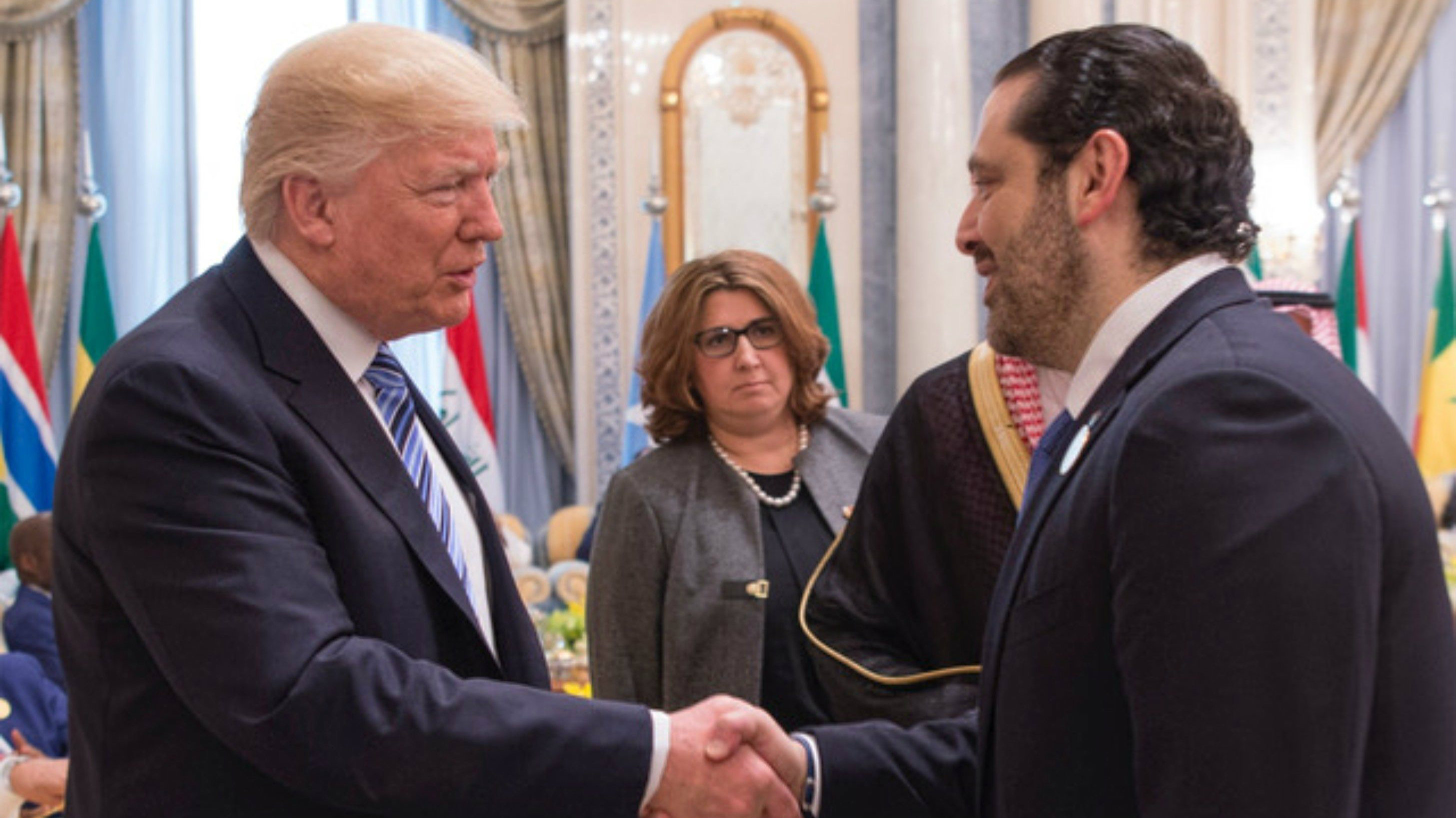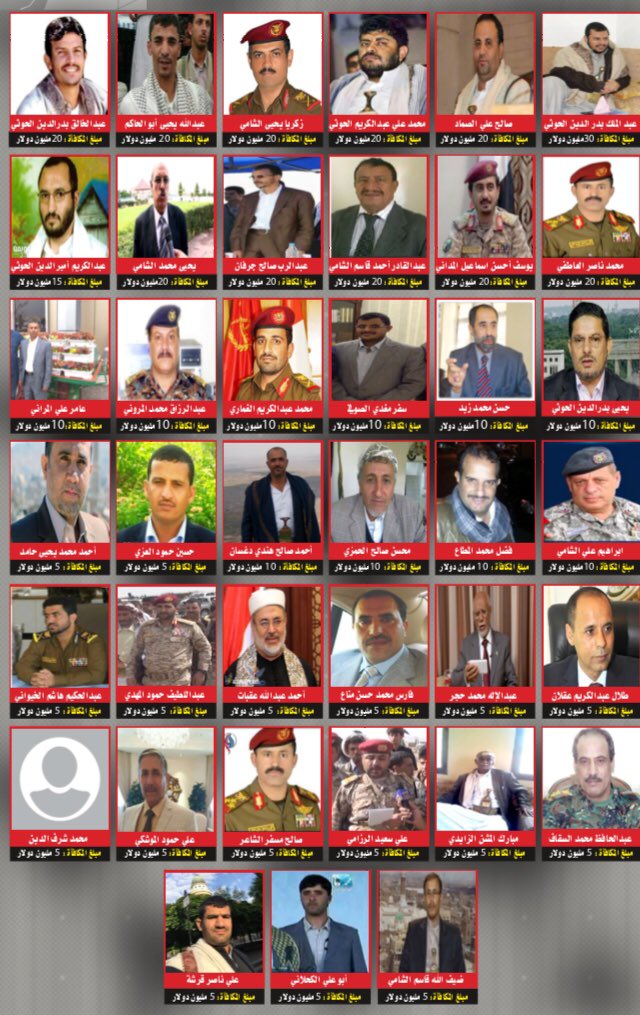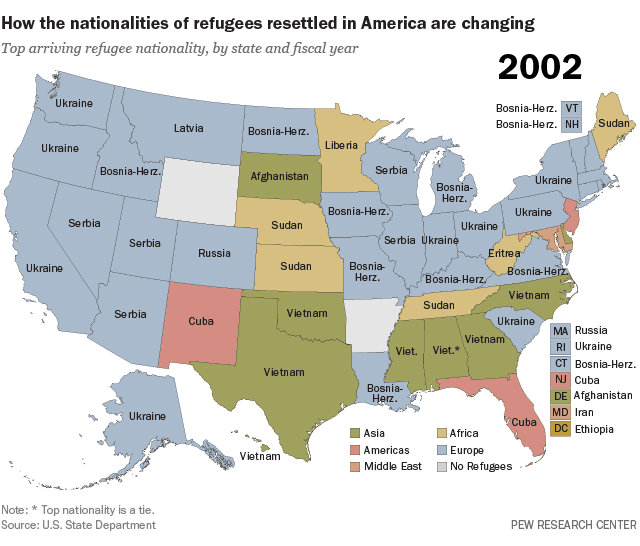Place of Origin: Lebanon
Year of Origin: 1982
Founder(s): Ali Akbar Mohtashemi—Iran’s then-ambassador to Syria; Imad Fayez Mughniyeh; Grand Ayatollah Muhammad Hussein Fadlallah; Abbas al-Musawi
Places of Operation: Lebanon, Syria, Germany, Mexico, Paraguay, Argentina, Brazil, Iran, United Arab Emirates
*** Related reading: Egypt’s Sisi against idea of strikes on Iran, Hezbollah
Emanuele Ottolenghi
House Committee on Foreign Affairs, Western Hemisphere Subcommittee
8 November 2017
Chairman Cook, allow me first to congratulate you on your recent appointment as the new chairman of this subcommittee. Mr. Chairman, Ranking Member Sires, members of the subcommittee, thank you for the opportunity to testify on behalf of the Foundation for Defense of Democracies and its Center on Sanctions and Illicit Finance.
In 2011, the U.S. Drug Enforcement Administration (DEA) indicted Ayman Saied Joumaa, a Lebanese-Colombian dual national whose global network of companies operating out of Latin America, West Africa, and Lebanon laundered money for Mexican and Colombian cartels to the tune of $200 million a month of drug proceeds.[1] Joumaa worked with Hezbollah as the kingpin in one of many networks Hezbollah runs globally to sustain its financial needs. When his case came to light, the New York Times quoted a DEA official as saying that Hezbollah operated like “the Gambinos on steroids.”[2]
The United States cannot continue to combat a threat of such magnitude unless it leverages all its tools of statecraft in a combined, sustained, and coordinated fashion. Over the past decade, Hezbollah’s terror finance outside Lebanon has evolved from a relatively small fundraising operation involving trade-based money laundering and charitable donations into a multi-billion dollar global criminal enterprise.
Increasing quantities of Schedule 2 drugs like cocaine invade the U.S. from Latin America, adding fuel to the opioid pandemic that has already cost so many lives.[3] Cocaine consumption is as much a national epidemic as opioids, Mr. Chairman, and Hezbollah helps make it available to U.S. consumers.
This makes Hezbollah, its senior leadership, and its numerous operatives involved in running illicit drug-trafficking and money-laundering operations on a global scale the perfect candidates for Kingpin and Transnational Crime Organization designations, in addition to the terrorism and terror finance designations already in place.
The U.S. government has, over the years, developed remarkably sharp and effective tools to counteract Hezbollah’s terror finance threat, but is not using them as vigorously as it should. The Kingpin Act is one such instrument. But like all other instruments of statecraft, its impact would be much greater if used consistently and in conjunction with other tools. The challenge for Congress, the executive branch, the intelligence community, and law enforcement agencies is to leverage these tools in a manner that will outsmart Hezbollah and disrupt its cash flows enough to inflict irreparable damage to the terror group’s finances.
In pursuit of this goal, America needs to better coordinate the application and enforcement of all instruments available from the formidable toolbox created over the past two decades by legislation and executive orders, including leveraging Executive Orders 13581 and 13773 on combating transnational organized crime, Executive Order 13224 on combating sources of terror finance, the 1999 Foreign Narcotics Kingpin Designation Act, the 2015 Hezbollah International Financing Prevention Act (HIFPA), the Global Magnitsky Human Rights Accountability Act of 2016, and soon the Hezbollah International Financing Prevention Act Amendment of 2017, which is now awaiting reconciliation between its House and Senate versions and which will, once approved, expand on HIFPA.
In doing so, it should focus significantly on the Western Hemisphere, where Hezbollah’s global footprint, especially in Latin America, is most menacing.
Hezbollah’s regional operations are part of a global network of illicit financial and commercial enterprises whose goal is to fund Hezbollah’s activities in the Middle East. Where and when needed, these networks can also be activated to provide logistical support to operatives engaged in planning terror attacks. The United States therefore needs to think and act globally to disrupt Hezbollah’s illicit finance networks. Latin America is a very good place to start doing that.
In the remainder of my testimony, I will discuss evidence demonstrating the magnitude of the threat posed by Hezbollah’s terror finance to the national security of the United States. I will also provide evidence of the high-ranking nature of Hezbollah’s operatives in Latin America – a sure sign of the importance of Hezbollah’s Latin American networks to the organization’s budget. And I will discuss the impact of U.S. policy and actions on disrupting Hezbollah’s terror finance activities. The evidence I am presenting today, hopefully, will highlight both strengths and weaknesses of present U.S. policy and offer ways to improve results.
Download the full testimony here.
[1] U.S. Department of the Treasury, Press Release, “Treasury Targets Major Lebanese-Based Drug Trafficking and Money Laundering Network,” January 26, 2011. (https://www.treasury.gov/press-center/press-releases/Pagés/tg1035.aspx); see also: U.S. Department of the Treasury, Press Release, “U.S. Charges Alleged Lebanese Drug Kingpin with Laundering Drug Proceeds for Mexican and Colombian Drug Cartels,” December 13, 2011. (https://www.justice.gov/archive/usao/vae/news/2011/12/20111213joumaanr.html)
[2] Jo Becker, “Beirut Bank Seen as a Hub of Hezbollah’s Financing,” The New York Times, December 13, 2011. (http://www.nytimes.com/2011/12/14/world/middleeast/beirut-bank-seen-as-a-hub-of-hezbollahs-financing.html)
[3] Nick Miroff, “American cocaine use is way up. Colombia’s coca boom may be why,” The Washington Post, March 4, 2017. (https://www.washingtonpost.com/news/worldviews/wp/2017/03/04/colombias-coca-boom-is-showing-up-on-u-s-streets/?utm_term=.d370be3ebe9c)
*** A short briefing from the State Department on October 10, 2017 by National Counter-terrorism Center Director, Nick Rasmussen:
Hizballah’s use of terrorism across the globe, which has persisted for several decades; second, the group’s continued effort to advance terrorism acts worldwide; and third, the fact that the organization is, in fact, focused on U.S. interests, including here in the homeland. And that is part of the reason why we are here today.
Lebanese Hizballah has repeatedly demonstrated for the world its true character. It is an organization that relies on terrorism as well as other forms of violence and coercion to achieve its goals. And this takes place in spite of the group’s attempts to portray itself as a legitimate political party. Prior to September 11th, I think everybody knows Hizballah was responsible for the terrorism-related deaths of more U.S. citizens than any other foreign terrorist organization.
Now, for many Americans, their introduction to the threat posed by this group came after Hizballah’s attack on the U.S. embassy in Beirut in April of 1983. That horrific attack killed 63 and wounded an additional 120 individuals, and it was followed by an even more deadly attack on our Marine barracks in October of 1983 which killed 241 Americans and wounded an additional 128 Americans.
So Hizballah’s penchant for violence has not changed over the last three decades. We’ve seen time and time again with its international terrorism unit, the External Security Organization, also known as the IJO, the Islamic Jihad Organization, and Unit 910, 9-1-0. But its deployment of operatives to nearly every corner of the globe continues to engage in terrorism-related activity.
In 2012 the group carried out a bomb attack in Bulgaria that killed five Israeli tourists and one Bulgarian national, and a number of Hizballah operatives have been caught laying the groundwork for attacks in places like Azerbaijan, in Egypt, in Thailand, in Cyprus, and in Peru. And there are other instances of Hizballah-related arrests and disruptions around the world that are at this point unpublicized and remain classified.
But all of this together shows us that the group seeks to develop and maintain a global capability to carry out acts of terror. I can assure you that the conversation today would be much different had some of these disrupted plots actually succeeded. Casualty counts would be higher and many innocent lives would have been forever altered. The group is also known to focus on areas populated by tourists, almost guaranteeing that with their attacks innocent victims – innocent civilians will be victims.
Now, with respect to the homeland here in the United States, let me say this. While much of our work in the government since 9/11 has focused on al-Qaida and more recently on ISIS, in the 20 years since Hizballah’s designation as a foreign terrorist organization, we have never taken our focus off of Hizballah and on the threat it represents to the homeland.
***
Syria, ISIS, and the Broader Middle EastAs an Iranian proxy, Hezbollah has taken up arms alongside Syrian and Iranian forces in defense of the Syrian regime in that country’s civil war. In 2012, the U.S. Treasury levied additional sanctions on Hezbollah for its support of Syrian President Bashar al-Assad’s regime. According to Treasury, since the beginning of the Syrian civil war in early 2011,Hezbollah provided “training, advice and extensive logistical support to the Government of Syria’s increasingly ruthless efforts to fight against the opposition.” 45As of October 2016, Hezbollah and Syrian forces were reportedly besieging some 40,000 Syrians in three towns, preventing them access to medical treatment. 46During an October 2016 rally in Beirut, Nasrallah promised that Hezbollahwould “continue to bear our great responsibilities of jihad” in Syria. 47In January 2015, in response to Israeli airstrikes on alleged weapons shipments to Hezbollah in Syria, Nasrallah called the strikes an aggression against Syria’s regional allies.As such, Syria’s allies have the right to retaliate, according to Nasrallah. 48Hezbollah’s activity in Syria has its domestic detractors as well. Subhi al-Tufayli, Hezbollah’s first secretary-general from 1989 to 1991, has accused Hezbollah of beinga “partner in the killing of the Syrian people.” He denounced Hezbollah members who fight alongside Russians, and called on the Hezbollah leadership to heed Lebanese opposition to the group’s involvement in Syria. 49Hezbollah’s role in Syria is not limited to fighting anti-government rebels. Under Iranian direction, Hezbollah has also fought against ISIS, which Nasrallah described as a growing threat to the region and an existential threat to Lebanon in an August 2014 interview with the Lebanese newspaper Al-Akhbar. 50Hezbollah has also fought against the Nusra Front (Jabhat Fateh al-Sham).51On October 19, 2016, Qassem told Hezbollah’s Al-Manar TV that Hezbollah “will not leave Syria as long as there is a need to confront takfiri groups.” 52In November 2016, Hezbollah held a public parade in the Syrian city of Qusair to highlight its role in the conflict. The terror group showcased U.S. and Russian armored personnel carriers and tanks. The U.S. State Department issued a statement that it was “gravely concerned” and investigating how Hezbollah acquired U.S. equipment. 53The United States provides aid to the Lebanese military, which denied that U.S.-provided weaponry had been transferred to Hezbollah 54. Read the full report here.













